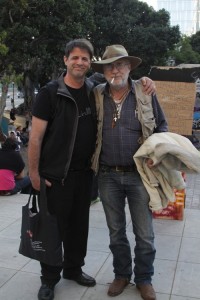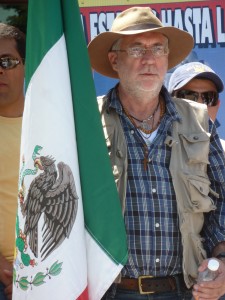Javier Sicilia’s message to the audiences of four public events in Chicago, IL was clear and powerful;
“In 1994 subcomandante Marcos introduced the Zapatistas to the world, declaring Mexican President Salinas’ signing of NAFTA opened ‘the gates of hell’ for Mexico, and now Mexico is living in that hell.”
He begins every speech quoting terrifying statistics: Since 2006, there are 60,000 Mexicans dead, 20,000 Mexicans disappeared and 250,000 Mexicans displaced from their homes, all a result of a drug war launched by a deaf and dumb government. And there is no end in sight. More than 98% of homicides committed in Mexico are never resolved. He brings home the message that if anyone in the audience decided to kill someone in Mexico, there would be less than 2% chance of ever being held accountable.
The cost of the war reflected in these numbers has grown inexorably since last year when the respected poet announced to an adoring Mexican public that he was putting aside his poetry to protest the government’s complicity with organized crime and inexcusable inaction in investigating the deaths of those killed in drug war related violence.
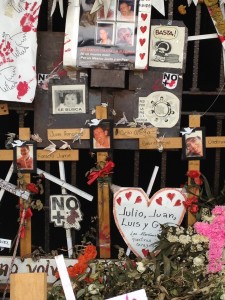
Altar outside of the Municipal Palace in Cuernavaca Morelos, with names and pictures of drug war related victims
Javier’s son Juan Francisco was murdered along with six friends on a fateful night in March of 2011 in Temixco, Morelos. Suddenly, Javier –who had long been active in Mexico’s cultural and political life — became the voice for a movement led by people who are simply called ‘las victimas’.
He is emphatic that the statistics don’t convey the real picture. He says that the face of the person who suffered ‘one death’ or ‘one disappearance’ is one person who had a character, a personality and merits justice. One death represents a family torn apart in grief. The fact that more than 98% of the time those seeking answers from authorities get no satisfaction adds to their pain and misery. One disappeared person represents a family consumed with fear and unanswered questions. One displaced family lives in constant upheaval and suffering. In short, the statistics are overwhelming but even one is too many.
The public events were co-sponsored by the National Museum of Mexican Art, UIC (Latin American and Latino Studies Program), DePaul University and The Resurrection Project and well attended by students, activists and members of the Latino community in Chicago. In each speech Javier repeated the urgent demands of the Mexico-based Movement for Peace with Justice and Dignity – the organization of victims that came together last year to declare Estámos hasta la Madre/We Are Fed Up (with the drug war) – to the Mexican and US governments. The Pacto Nacional (link in Spanish) was signed May 12, 2011 with the following demands:
- End the drug war, a failure of tragic proportions;
- End the easy access to high-powered weapons that facilitates weapons smuggling;
- Crack down on those who help criminal enterprises by laundering money;
- Defend the human security and dignity of immigrants;
- End US support for the militarization of Mexico.
In Mexico, the Movement for Peace with Justice and Dignity is campaigning for approval of the Ley de Victimas this week. This law would place new responsibility on the government to investigate drug war related crimes and provides a fund for impacted families.
Carrying the voices of las victimas to the United States, Javier is widening the Movement for Peace with Justice and Dignity’s profile and building support for a US Peace Caravan this summer (link in Spanish). Javier and the Caravan will cross the United States in cars, buses, and RVs joined by victims of drug war related violence from Mexico, supporters, activists and journalists. The Caravan will stop at key cities along the route for public conferences, demonstrations and meetings with key local leaders.
TAKE ACTION!
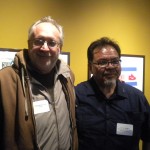

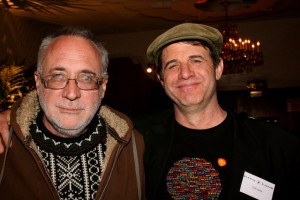
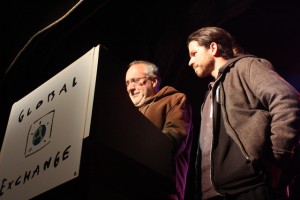
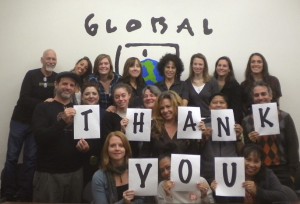 “Not everything that is faced can be changed, but nothing can be changed until it is faced.” ~James Baldwin
“Not everything that is faced can be changed, but nothing can be changed until it is faced.” ~James Baldwin